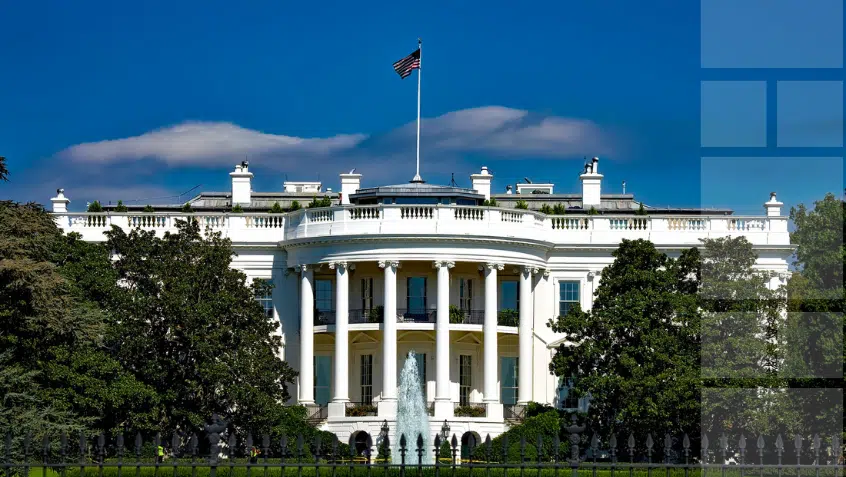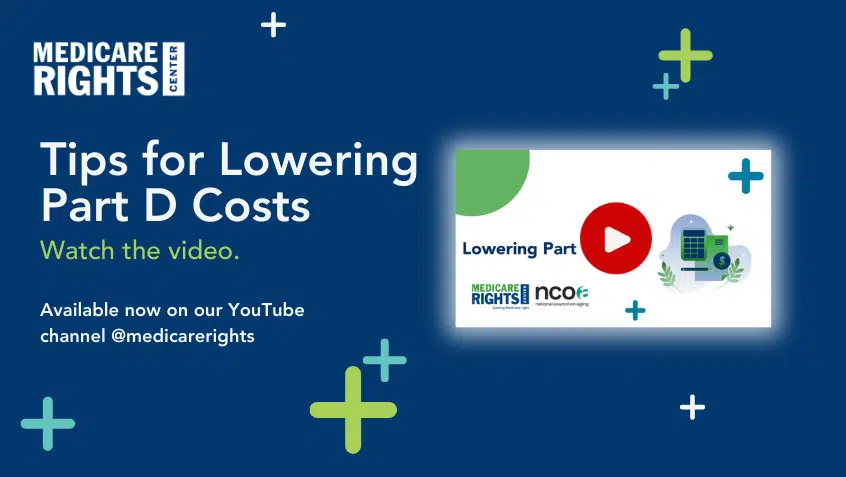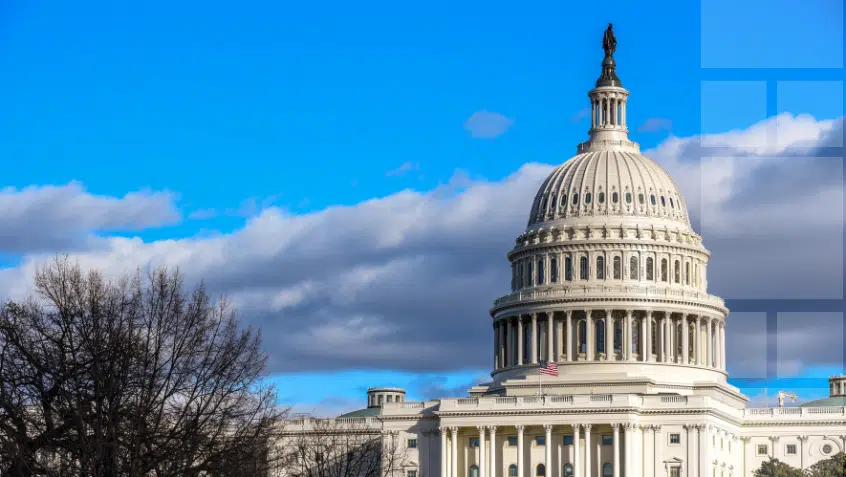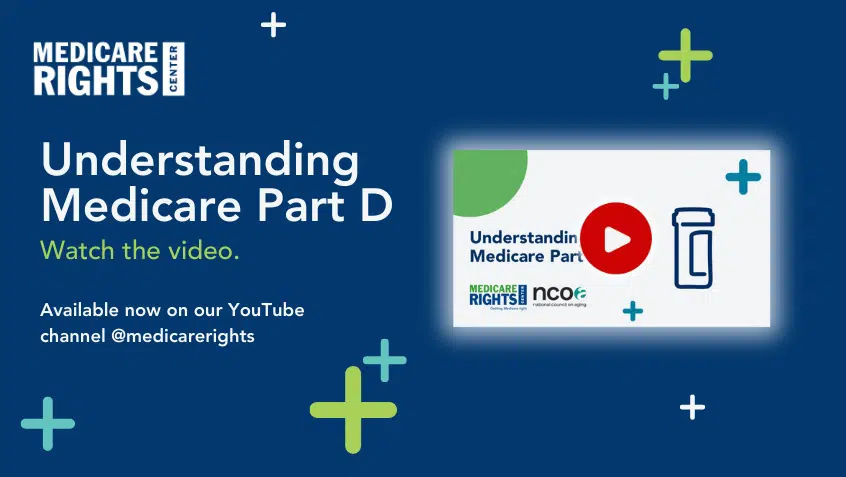Join Us Live for a Discussion on Medicare, Democracy, and the Future of Health Care
House Passes Bill That Would Devastate Health Coverage for Millions in Medicaid and Medicare
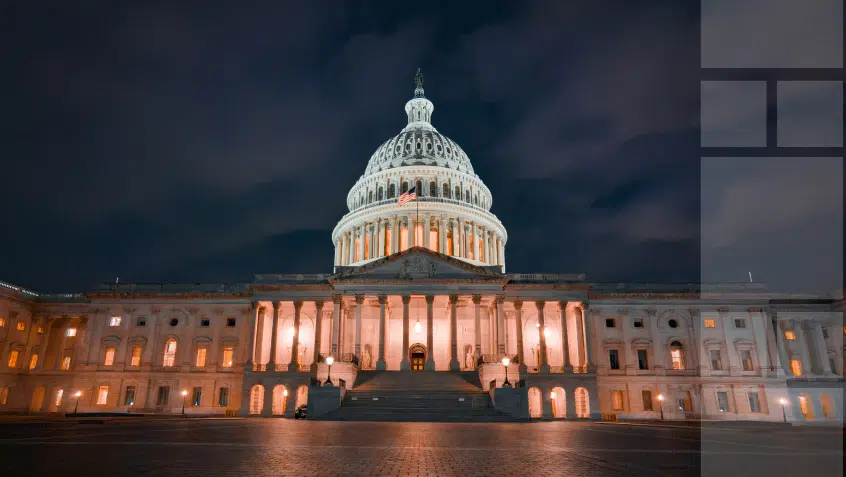
Today Republicans in the U.S. House of Representatives passed their sweeping reconciliation bill. It now heads to the Senate, with a goal of final passage this summer.
Cuts to Vital Programs Would Pay for Administration Priorities
The House-passed bill would extend and expand upon many of the tax cuts Republicans passed in 2017, boost spending on administration priorities like immigration enforcement, and raise the statutory debt limit by $4 trillion. Some of these costs would be paid for, largely through harmful cuts to programs that millions rely on to stay healthy, including Medicaid, Medicare, the Affordable Care Act, and the Supplemental Nutrition Assistance Program (SNAP).
CBO Analysis Projects Millions Losing Insurance Coverage
The nonpartisan Congressional Budget Office (CBO) analysis of an earlier version of the bill found it would strip health coverage from nearly nine million people with Medicaid and Affordable Care Act plans. The bill also fails to extend the premium tax credits that help more than 22 million people buy marketplace plans, and which are set to expire this year. CBO projected that taken together, these proposals would cause 13.7 million people to become uninsured. Importantly, CBO has not yet reviewed the final House bill, which includes eleventh-hour revisions that are likely to deepen coverage losses.
… these proposals would cause 13.7 million people to become uninsured.
Access to Care at Risk
The bill would also raise costs and jeopardize care for many who manage to keep their health coverage.
The bill would also raise costs and jeopardize care for many who manage to keep their health coverage. It would strip low-income Medicare beneficiaries of critical financial assistance, making it harder for them to pay for care and prescription drugs; impose new out of pocket cost requirements on some Medicaid enrollees; and drive up premiums and cost sharing for people with marketplace plans. Other policies target specific populations: It would reduce affordability and access to care for immigrants, transgender people, women, and people in need of reproductive health services, as well as put older adults and people with disabilities at risk by removing life-saving nursing home staffing requirements.
Tax Cuts Disproportionately Benefit High Income Earners
Proponents of the bill claim these changes are necessary to pay for tax cuts, which they say will benefit Americans broadly and counter losses to health coverage and food assistance. But independent experts disagree. A separate CBO analysis this week concluded Americans who make the least amount of money would be worse off under the bill. For these individuals and families, its tax changes would not outweigh its cuts to health care and SNAP. Americans who make the most, however, would see windfalls in lower taxes.
For [Americans who make the least amount of money], its tax changes would not outweigh its cuts to health care and SNAP.
Medicare Rights Strongly Opposes the Bill
The Medicare Rights Center strongly opposes this dangerous bill. It attacks Medicaid, Medicare, and the Affordable Care Act, undermining health care, economic security, and well-being for low-income Americans to finance tax policies that disproportionately benefit those who need it the least. As attention turns to the upper chamber, we urge every Senator to abandon this flawed bill. Older adults cannot afford these changes. People with disabilities cannot afford these changes. Families cannot afford these changes. The health, access to care, and financial future of millions of Americans is on the line.
Take Action
The reconciliation bill is now headed to the Senate, where it will face further deliberation and votes. Senators need to hear from the public now about the dangers of this bill. Contact your lawmakers today.
Show Comments
We welcome thoughtful, respectful discussion on our website. To maintain a safe and constructive environment, comments that include profanity or violent, threatening language will be hidden. We may ban commentors who repeatedly cross these guidelines.
Help Us Protect & Strengthen Medicare
Donate today and make a lasting impact
More than 67 million people rely on Medicare—but many still face barriers to the care they need. With your support, we provide free, unbiased help to people navigating Medicare and work across the country with federal and state advocates to protect Medicare’s future and address the needs of those it serves.
The Latest
Most Read
Add Medicare to Your Inbox
Sign up to receive Medicare news, policy developments, and other useful updates from the Medicare Rights.
View this profile on InstagramMedicare Rights Center (@medicarerights) • Instagram photos and videos

